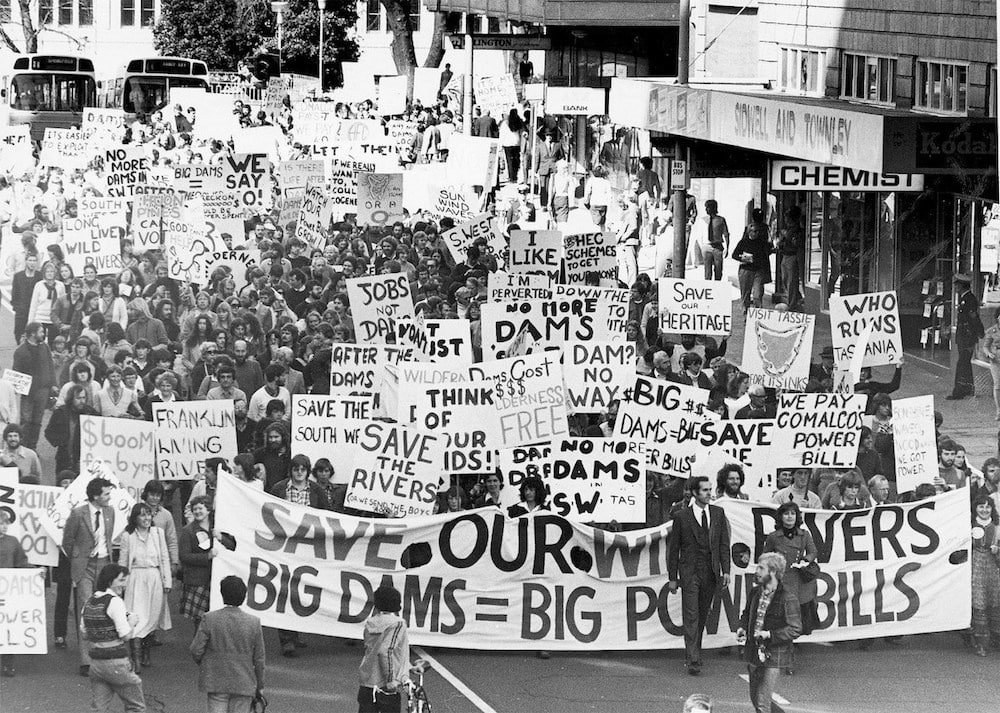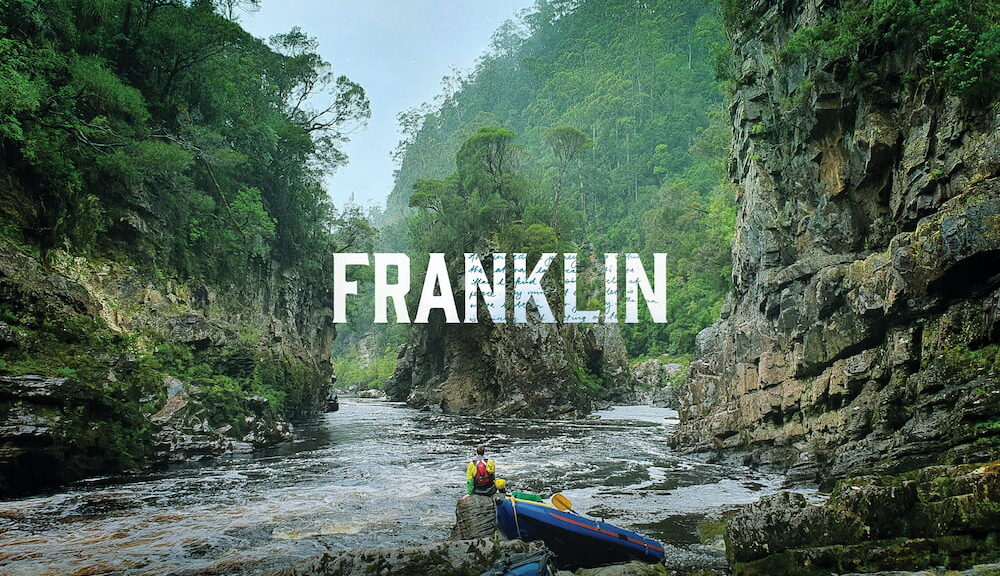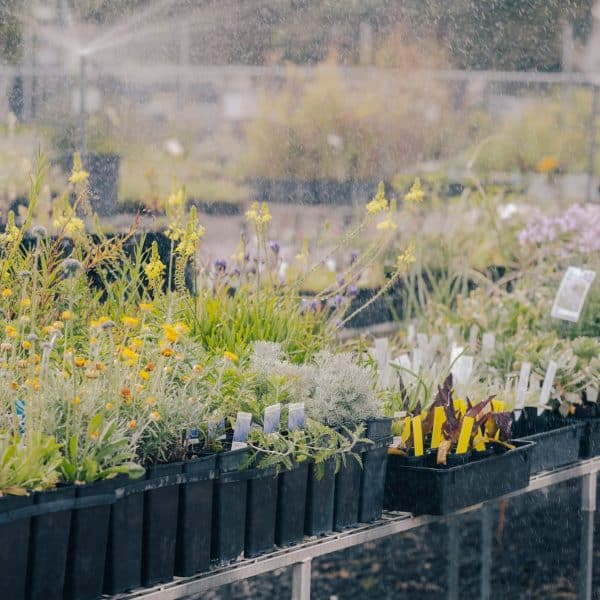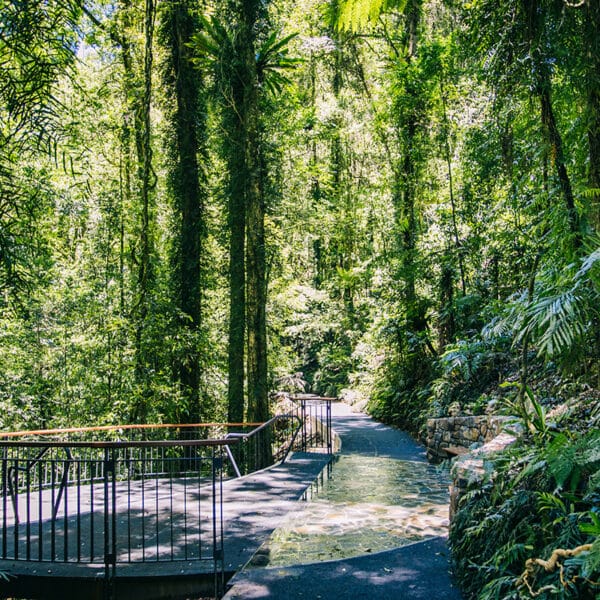FRANKLIN, a new documentary to be released nationally in cinemas in September, marks the 40 year anniversary of Australia’s most significant environmental protest, the Franklin River campaign. The film celebrates the crucial role of peaceful activism to democracy.
But under today’s Australian laws, the Franklin River would be dammed.
The right to protest is under unprecedented and growing threat in Australia and across the world, according to Amnesty International. New laws introduced within NSW, Victoria, Queensland and slated for Tasmania, outlaw peaceful environmental protests like the campaign that saved the Franklin.
These laws often directly target or disproportionately impact climate activists. Tasmania’s new laws could see environmental protestors jailed for up to 18 months for a first offence, while recently passed laws in Victoria impose harsh and disproportionate penalties to environmental protesters and those working alongside them such as citizen scientists.
“Australian authorities’ crackdown on climate protesters is an alarming new trend,” says Sophie McNeill, Australia researcher at Human Rights Watch. “Climate protesters are being increasingly and disproportionately subjected to vindictive legal action by Australian authorities that is restricting the rights to freedom of peaceful assembly and expression.”
Anjali Sharma, 18-year-old lead litigant of Sharma v Minister for the Environment, the groundbreaking case taking on the duty of care for climate change in Australia, says “in the current context of the climate, the right to protest is more important than ever. Protests are impactful, accessible and empowering, and allow us young people to take our future into their own hands and demand that governments don’t ignore their moral duty to protect us from the impacts of climate change.”
Dr Meredith Burgmann AM, former green bans activist, Life Member, Australian Labor Party, and long-serving Member of the NSW Legislative Council, says she had been arrested 17 times for her participation in protests by the early 70s.
Her latest book, Radicals, Remembering the Sixties, reflects on the role of Australian changemakers sharing the frontlines with her. “Radicals are the people that are ahead of their time,” says Burgmann. “They think things and do things that need to happen in the world. The great women and men of history were often considered radicals and even ratbags,” she says.
“At a time of climate emergency, when we should be doing everything we can, we can’t make it harder for this generation of radicals to make the change we need.”
Marking the forty-year anniversary of the blockade, Franklin captures the campaign with never-before-seen archival footage, interviewing key players such as former Greens leader Bob Brown and Tasmanian Aboriginal elder Uncle Jim Everett. The film follows environmentalist and film lead, Oliver Cassidy, retracing the 14-day rafting expedition his late father took to attend the blockade.
“My father was arrested the week before I was born,” says Cassidy. “It is an honour to commemorate his journey through this film and what he and so many others achieved. Throughout history, protest has been a powerful tool for change. The Franklin campaign is yet another of our country’s great protest success stories.”







